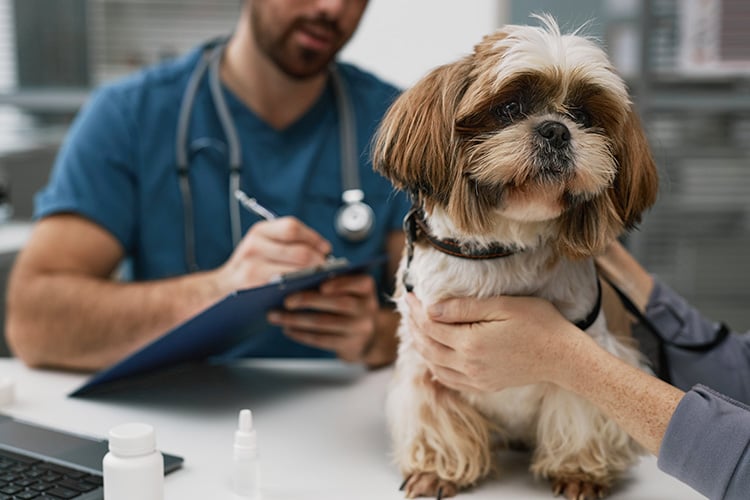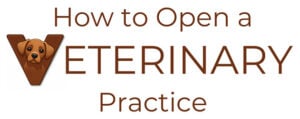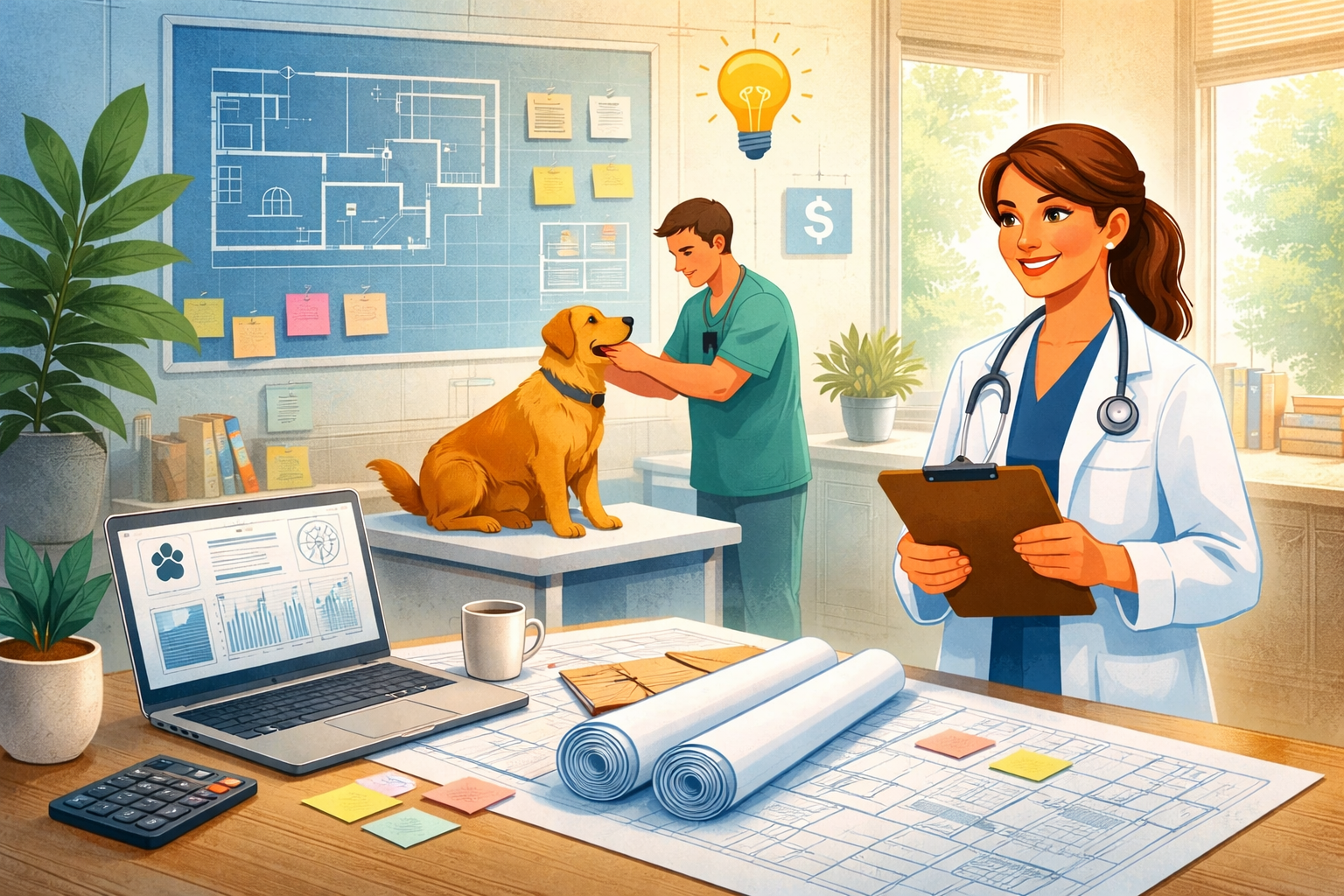
Essential Tools and Equipment for Your Vet Clinic
When opening a veterinary clinic, having the right tools and equipment is crucial to providing the best care for your patients and running an efficient practice. From diagnostic tools to surgical instruments, every piece of equipment plays a role in helping you deliver quality care. In this post, we’ll walk you through the essential tools and equipment your vet clinic needs to operate smoothly and effectively.
1. Examination Tables
An examination table is one of the most important pieces of equipment in your clinic. It provides a safe and comfortable surface for performing routine check-ups, physical exams, and minor procedures. Look for tables that are adjustable and easy to clean, as well as those that offer features like hydraulic lifts for easy positioning.
2. Stethoscopes
A high-quality stethoscope is essential for listening to a pet’s heart and lungs. This simple yet vital tool is used during every check-up to detect any abnormalities. Be sure to invest in a stethoscope that provides clear sound and is durable enough for daily use.
3. Surgical Instruments
If your clinic will offer surgical services, you’ll need a full set of surgical instruments. These include:
- Scalpels and scissors: Used for making incisions and performing delicate cuts.
- Needle holders and forceps: Essential for suturing and tissue manipulation.
- Surgical drapes and sterilization equipment: To maintain a sterile field during surgeries.
Investing in high-quality surgical instruments will ensure precision and safety for both your patients and surgical team.
4. Diagnostic Equipment
Accurate diagnostics are critical in veterinary medicine, and there are a few essential pieces of equipment that will help you assess your patients:
- Stabilized microscope: Used for examining blood samples, tissue samples, and skin scrapings.
- X-ray machine: For imaging bones, organs, and foreign objects inside pets.
- Ultrasound machine: Non-invasive imaging for monitoring organs, pregnancies, and heart conditions.
These tools will allow you to make accurate diagnoses, enabling you to provide the best care possible for your patients.
5. Laboratory Equipment
A well-equipped in-house laboratory can save time and provide immediate test results. Key laboratory equipment includes:
- Blood analyzers: To test for a range of health conditions such as infections, anemia, and organ function.
- Centrifuge: For separating components of blood or urine samples.
- Microscopes: For analyzing blood smears, urine samples, and other specimens.
Having these tools on-site allows you to quickly identify issues, which is particularly important in emergency cases.
6. Dental Equipment
Dental care is an essential part of a veterinary practice, as pets can suffer from many of the same dental issues as humans. Key dental equipment includes:
- Dental X-ray machine: To detect hidden dental problems, such as infections or bone loss.
- Dental scaler: Used to remove tartar and plaque buildup.
- Polishers: To smooth teeth after cleaning.
Offering dental care not only improves pets’ health but also adds a valuable service to your clinic.
7. Anesthesia Equipment
For surgical procedures, anesthesia is a must. The essential anesthesia equipment for your clinic includes:
- Anesthesia machine: Used to administer and regulate anesthesia during surgery.
- Monitors: To keep track of vital signs like heart rate, blood pressure, and oxygen levels during procedures.
- Endotracheal tubes: For keeping the airway open during anesthesia.
Investing in reliable anesthesia equipment is vital to ensuring the safety of your patients during surgery.
8. Pharmaceutical Supplies
Your clinic will need a variety of pharmaceutical supplies to treat and manage a range of health conditions. These may include:
- Vaccines: For common pet diseases like rabies, parvovirus, and distemper.
- Medications: Antibiotics, pain relievers, and anti-inflammatory drugs.
- Flea, tick, and worming treatments: To prevent and treat common parasitic issues.
Having a fully stocked pharmacy ensures you can treat a variety of conditions without delay.
9. Sterilization Equipment
Sterilization is a key component of maintaining a clean and safe clinic. You’ll need several tools to ensure everything stays sanitary:
- Autoclave: For sterilizing surgical instruments, dental tools, and other medical equipment.
- Disinfectants and cleaning supplies: To clean surfaces, floors, and equipment between patients.
Maintaining high standards of hygiene reduces the risk of infections and ensures the safety of your patients and staff.
10. Patient Monitoring Systems
Monitoring your patients during procedures and recovery is crucial. Patient monitoring systems help keep track of vital signs such as heart rate, respiration, temperature, and blood oxygen levels. These systems are especially important during anesthesia or surgery, providing real-time information to help you respond to any changes in a pet’s condition.
11. Radiology Equipment
In addition to your basic X-ray machine, you may also want to invest in digital radiology equipment for faster image processing and better-quality results. Digital X-ray systems allow for immediate imaging results, reducing wait times and enabling quicker diagnoses.
12. Grooming Equipment
If your veterinary clinic will offer grooming services, you’ll need the right equipment to keep pets looking and feeling their best. Essential grooming tools include:
- Clippers: For cutting hair and fur.
- Shampoo and conditioners: Specially formulated for pets.
- Nail trimmers: For safe and easy nail trimming.
Grooming services are a great way to add another revenue stream to your clinic and keep pets comfortable and healthy.
13. Client Communication Tools
Effective communication with pet owners is essential for building relationships and ensuring the success of your clinic. Tools that can help include:
- Appointment scheduling software: To streamline booking and reduce errors.
- Client reminder systems: To notify clients of upcoming appointments, vaccinations, and follow-up care.
- Patient records management: Digital systems to store and access medical histories and treatment plans.
These tools will help keep your clinic organized, reduce no-show rates, and improve the overall client experience.
Conclusion
Equipping your veterinary clinic with the right tools and equipment is essential for providing high-quality care to your patients and running an efficient operation. Whether you’re performing routine exams, conducting surgeries, or offering specialized services, having reliable and well-maintained equipment is key to your clinic’s success. By investing in the right tools, you can ensure that both pets and their owners have a positive experience at your practice, setting the foundation for a thriving veterinary clinic.



